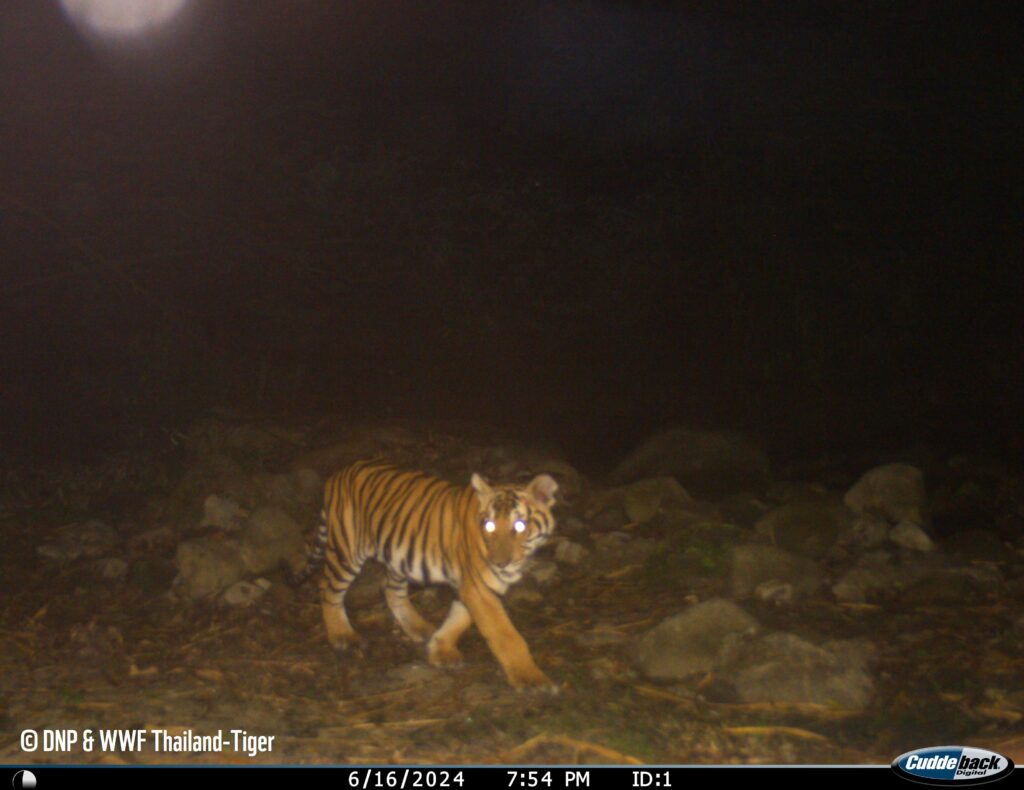Sustainable gastronomy is increasing becoming a key word and hot topic in the world of green tourism.
As defined by the United Nations, sustainable gastronomy refers to ‘cuisine that takes into account where the ingredients are from, how the food is grown and how it gets to our markets and eventually to our plates.’ This concept is important in that if done right sustainable gastronomy can be used as a tool to conserve the environment and ecosystem
WWF Thailand through the IKI SCP Asia Phase II, Sustainable Food Consumption and Production project has collaborated with the InterContinental Phuket Resort and the Alternative Agriculture Network South (AAN) on a sustainable gastronomy initiative. The aim of this is to not only showcase local Thai wild ingredients in a more upscale setting, but also at the same time promote invasive species. Through the latter, this initiative also battles invasive species that are harmful to the Thai ecosystem.
The initiative, initially started off through work with the restaurant Jaras with chefs Marco Turatti and Chalermwut Srivorakul. At Jaras the chefs has developed an innovative tasting menu with the ingredients foraged wildly farmers from the AAN in the South of Thailand where the hotel is based, reducing carbon footprint needed to transport the ingredients. . The menu is updated regularly depending on seasons and availability of ingredients. Sticking to the local theme, Jaras also pairs the food with beverages sourced within Thailand to not only promote the amazing quality of food and drinks that are available in the country but also to reduce carbon footprint further. The initiative, which began in 2024 is proving a success with Jaras often being fully booked by guests from around the world well in advance.
One importance of sustainable gastronomy is the raising of consciousness on the amount of food waste produced in the world each year. It is expected that 1/3rd of all the food produced each year around the world ends up as food waste. Through the concept of sustainable gastronomy whioch promotes the closer connection between producers and restaurants and chefs as well as consumes, the amount of food waste can be reduced. Jaras also has systems in place to reduce the amount of food waste, including working directly with the AAN farmers to ensure only the amount required is ordered and deliver. They also work to maximise the ingredients givien, trying to use the maximum the produce offers. Systems are also in place to use food trimmings and scraps where created in innovative ways to reduce the amount of food waste at the restaurant.
Since the beginning the initiative has expanded to other restaurants within the hotel too, including Hom which focuses on fermentation, a sustainable way to cook and maintain food in its own right. Plans are in place to expand this initiative to all 7 restaurants within the hotel soon.




